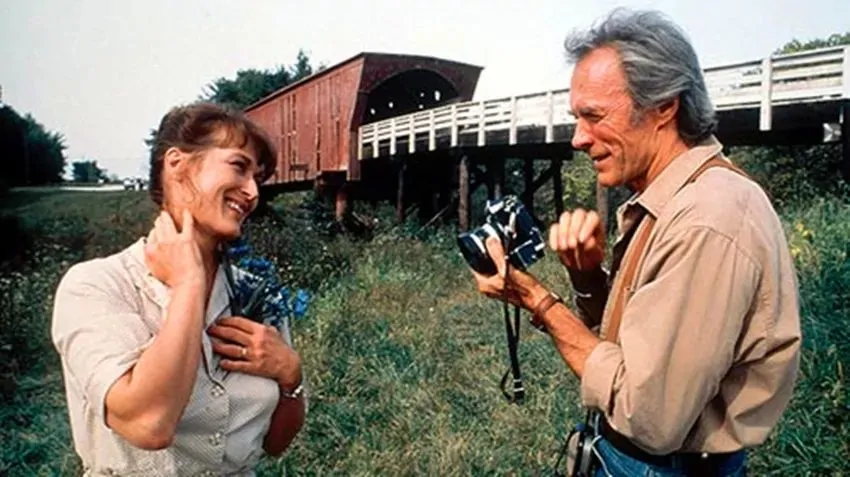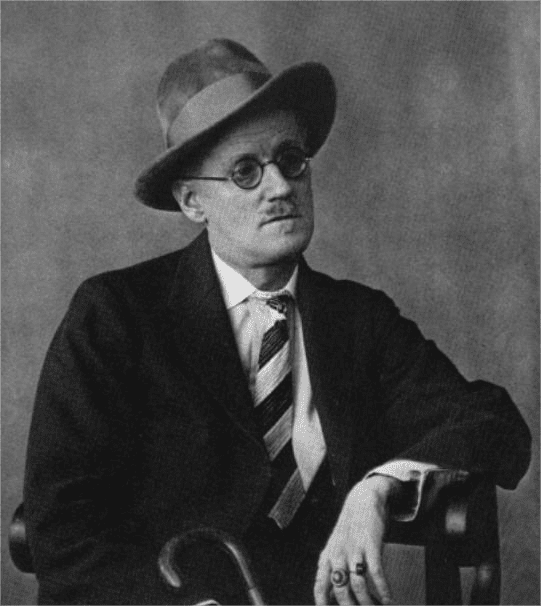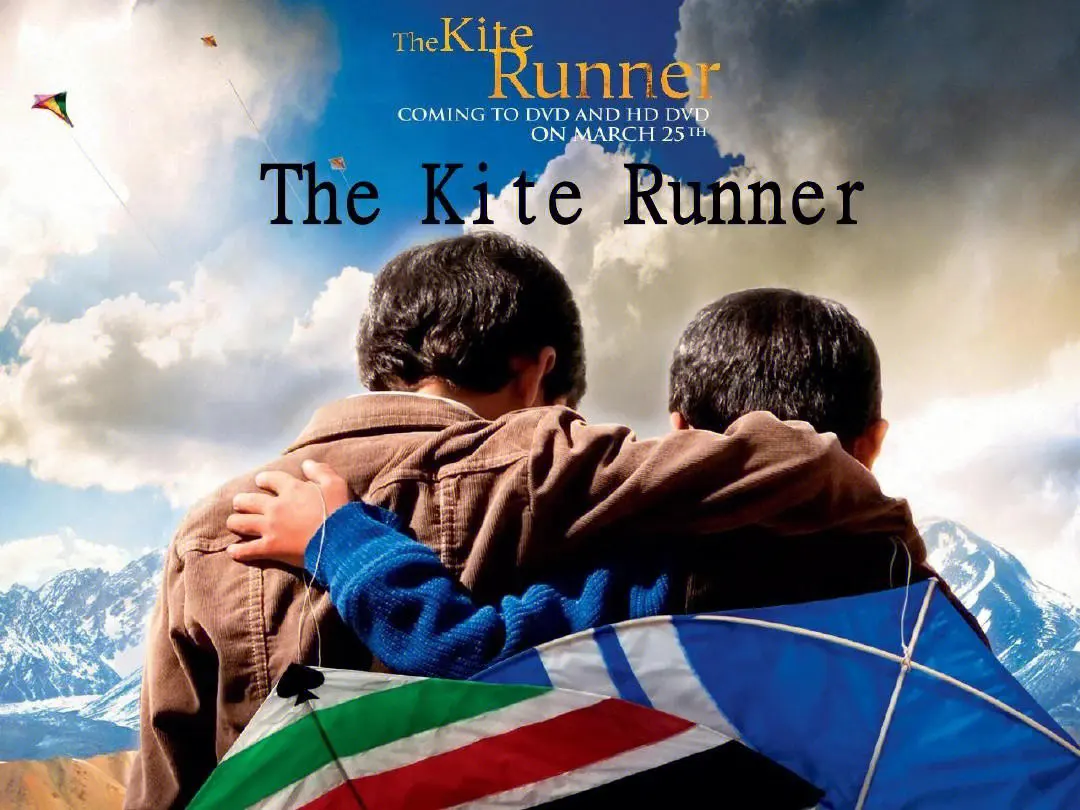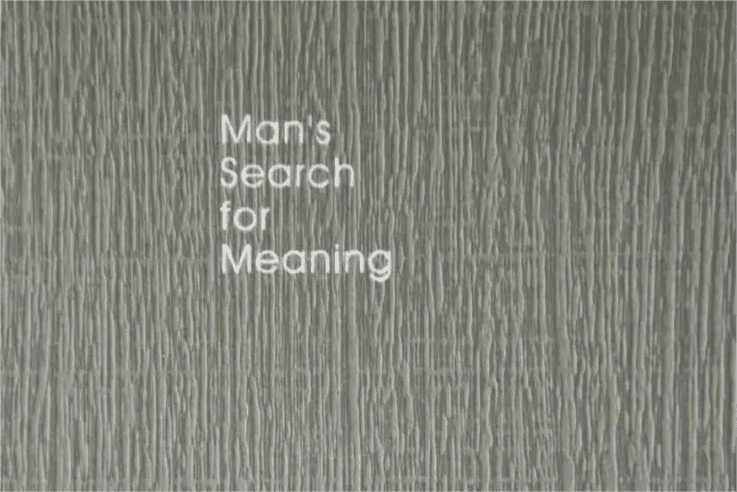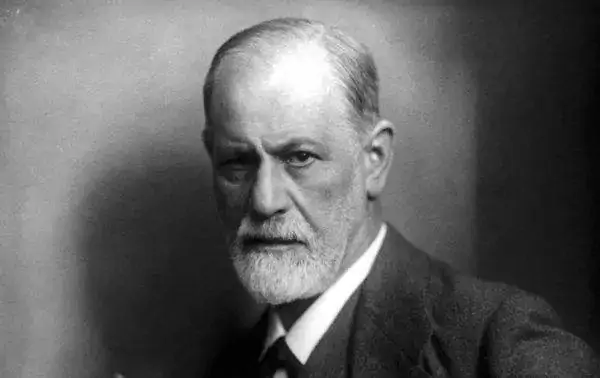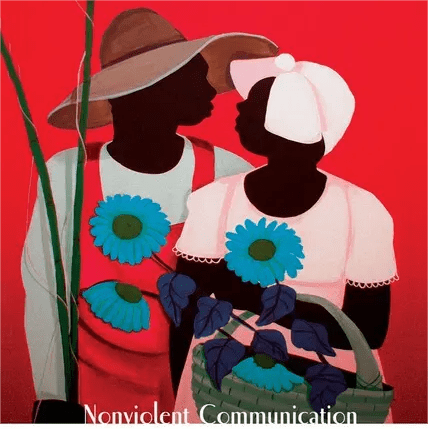Admire the American writer Robert. James Waller’s ability to harness the power of the written word to turn an unethically acceptable middle-aged extramarital affair into a beautiful love story has made this novella a New York Times bestseller, with more than 12 million copies in circulation around the world.
At the beginning of the work, Waller always stressed that it was a difficult problem in his writing to grasp the soul essence of the hero Kincaid. In order to touch the soul of this character, he made investigations and studies, and finally positioned Kincaid as an ancient figure at the end of the species.
Kinkat is a strange species of life for the modern world.
He likes words like ‘blue, aisle, distance, India, ancient’, which are both old and distant. The walls are covered with his favorite place names, such as the Somali River, the Great Hachit, Malacca and other adventurous places. Even his mother noticed that he was different.
I didn’t say a word until I was three, and then I said whole, whole sentences. He could read at the age of five, but he could not sit still in school. When the teacher talked to his mother about his rebellious behavior in school, his mother said:
“Robert lives in a world of his own making. I know he is my son, but I have a feeling that he is not from me or my husband, but from another place he often wants to go back to.”
From boyhood, he went his own way, reading the local library’s books on adventure and travel, and returning to the little world he had made.
Unable to afford to go to college, he became a photography assistant in the army, began to study photography and became a good photographer.
I became a professional photographer in the Army, taking pictures of the trudging life of Marines, but couldn’t find the so-called glory and romantic attraction that war photography brings.
He left the Army and became a professional photographer for National Geographic magazine.
There was a marriage, but the wife could not endure the difficulties of living together more and more, and finally chose to leave.
In him, there was an insufferable longing, a tragic consciousness combined with superior physical and intellectual strength.
Discontented with the principles of industrial society, he thought that too much orderly discipline restricted one’s imagination, so he chose this nomadic work.
He is like an ancient species, like the old cowboy, wandering in the desolate world, looking for his value.
Wearing an old backpack, driving an old truck, walking in the boundless world, mountains and rivers, strange wind and scenery, the morning mist, the night stars are his company in life.
The heroine Francesca was a private school teacher, after the birth of the child, choose to be a housewife, become a country woman to help her husband manage the farm.
She has a happy family, two clever children. The husband is diligent, has a high sense of responsibility to the family, but never understand romance, passion and such things.
Francesca, in Iowa, thinks everything is good in this quiet town and the people are hospitable, but for her, she always feels that there is one thing missing, that is, the closed rural culture makes her lose her girl heart. Since she came here, the girl heart with dreams has been buried. The peaceful country was perfect, but it was not where she had dreamed of living as a girl.
Longing recedes and sorrow begins to spread.
The two of them are like two grains of dust in the universe. One is the life at the end of the evolution of a species, shaking lungs in the desolate world, taking the world as their home, looking for the most beautiful shots in the world.
A place in the origin of species, living a common life, but has lost the deep heart of the dream.
Ancient species have been falling down into space, wondering what they’re looking for? In the course of his descent, he met her, leaning against the eaves, graceful and graceful.
He finally understood what he had been falling for. He abandoned all civilized ways of life, all fame and fortune, in order to meet her. As the lyrics go:
“I walk through wind and rain to give up my heart.”
He was to her like a primitive, beautiful male and female species, with ancient wisdom and pure kindness.
He stirred up the raging passion in her, which seemed to have been killed long ago, and brought her back to the most beautiful state of a woman, satisfying the most touching desire to be in the heart.
He gave her the strength of a leopard that rode into the world on the tail of a comet.
Four days, a short moment of growth in the river, they released a lifetime of love to each other, a once-in-a-lifetime feeling.
Old night and distant music weave their dreams, but human day disturbs their yearning.
Responsibility, like a wake-up call, wakes them up, fulfilling responsibility is the first choice.
They start the separation mode with long regrets, only to miss each other every minute of every day for the rest of their lives.
She kept her tears, kept her love for him in her heart, and gave her love in her heart to her family. And he took her love on the road, and scattered it in every river, in every road that he passed.
Many years later, on his deathbed, Kincaid wrote a letter to Francesca in which he said:
“It is clear now that I have come to you, and you have come to me for a long, long time. Although neither of us knew the existence of the other before we met, there was an unconscious predestined fate singing softly within us, ensuring that we would be together. Just like two wild geese flying over a vast grassland under the call of the divine power, how many years, how many generations, we have been walking towards each other.”
Francesca, on her deathbed, asked her sons and daughters to scatter her ashes in the creek under Rossman Bridge, where Kincaid’s ashes were already. She wrote to her child:
“That’s the paradox: if it hadn’t been for Robert Kincaid, I might not have stayed on the farm for so many years. In four days, he gave me a lifetime, he gave me an entire universe, he took my scattered parts and made them into one whole. … .. I gave my living life to my family, and I gave the rest of my body to Robert Kincaid.”
At the end of their lives, they chose the place where they first met, the bridge, to pick up the dream!
The novel ends with love giving way to responsibility. Some say:
Francesca very carefully “to meet with love, to parting with melancholy, to distant thoughts, to husband with warmth, to children with maternal love, to death with sincere mourning, to the grand memory of the past, to the love of the ancestors with heartfelt understanding”.
Her choice is in line with the ethical expectations of society.
“Sober men are the most absurd.”
Always sober is not life, know how to fulfill their responsibilities is rational.
If Francesca chooses love, neglects responsibility and hurts the family, her love will become the knife and axe to kill the family.
If Kincaid forces Francesca to go with him, his love is rogue.
As Francesca said, to kill the qualities of his beautiful antelope.
Love is not necessarily to be together, but it must be to make each other happy and free from any constraints. For personal gain. Forcing each other not to abide by the moral code of love, are bad motives.
The meaning of freedom is to take responsibility.
Responsibility is against humanity. It restrains the freedom that people desire most in their heart, but it is the driving force of human reproduction and social prosperity and development.
Ignoring the responsibility of love is a hooligan.


